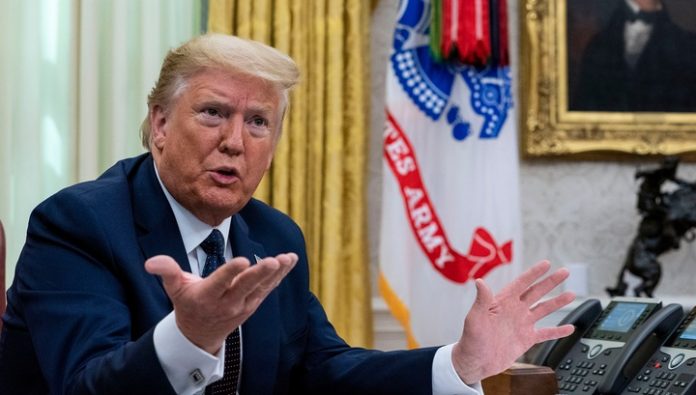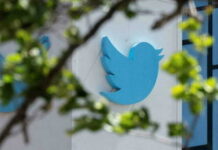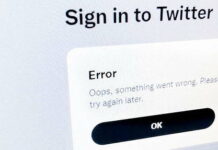Section 230 of the decency Act in the telecommunications of 1996, the year contains about 26 words that have allowed such IT giants as Facebook, Twitter and Google to grow and develop. Internet companies are not liable for the information posted by users on their platforms, and be able to restrict access to harmful content.
In essence: if a news site falsely calls someone a fraud, the publisher can sue for libel. But if someone will write about it in Facebook, sue not only on the person who posted the post. This is possible thanks to section 230, which States that “no provider or user of an interactive computer service shall be treated as the publisher or carrier any information provided by another information content provider”.
Section 230 of the Law on decency of communications in 1996, which is part of a wider law on telecommunications, the Internet provides companies a legal safe Harbor, protecting them from the hundreds of thousands of claims that may fall on the social network by any who feels offended that someone else posted — regardless of whether their complaint is legitimate or not.
However, trump and other politicians claim that social networks are abusing this protection and must be deprived of immunity — or at least earn it by performing the requirements set by the government.
According to the new decree of the President of Donald trump, tech company lose the protection of section 230 if they make “editorial decisions” — including, according to the President, adding tweets warning about the need to verify facts.
History of section 230 goes back to the 1950-th years, when the owners of the bookstore was prosecuted for selling books containing “Naristajnosti”, which is not protected by the First amendment. In the end, one case reached the U.S. Supreme court, which ruled that this created a precedent of bringing someone to responsibility for someone else’s content.
the Plaintiffs had to prove that the owners of the bookstores know what they are selling obscene books, said Jeff Kosseff, writer and expert in the field of cybersecurity, the author of section 230 “Twenty-six words that created the Internet.”
a few decades Later, when it developed the commercial Internet, there was CompuServe and Prodigy platforms. Both services had a forum, but CompuServe is not moderated content, and Prodigy, supporting the “family” image of the company, checking user content. On CompuServe, a lawsuit was filed, but the case was dismissed. But Prodigy was accused that “they exercised editorial control — so you look more like a newspaper than on the Newsstand,” says Kosseff.
Politicians worried that a new Internet company generally will not moderate the content, and therefore needed a new legal basis. Thus was born section 230. “Today, it protects from liability for users’ messages, and from liability for any claim of moderation of content,” said Kosseff.
“I don’t think any of the social media companies would exist in their current form without section 230,” quoted the Associated Press Jeff Kosseff. “They based their business model on the fact that they are major platforms for user generated content”.
There are two possible outcomes. Platforms might be more cautious, as did the classifieds site Craigslist after the adoption in 2018 law on sex traffic, which was made an exception to article 230 for materials that “encourage or facilitate prostitution”. Craigslist quickly deleted the Dating services. But the company didn’t want to risk it. Her example was followed by other, closing threads dedicated to escorts and meetings.
Experts believe that the repeal of section 230 can only hurt the President himself, who regularly attack private individuals, publishes conspiracy theories and accuse others of crimes. “If the platform was not protected by the law, they wouldn’t risk the legal liability that can follow from lies, slander and threats from Donald trump,” said Kate Ruan, senior counsel of the American civil liberties Union.
alternatively, Facebook, Twitter and other platforms may opt out of moderation in the moderation of content. Such uncontrolled services can easily be at the mercy of trolls like 8chan, which is the infamous graphic and extremist content, says University law Professor, Santa Clara Eric Goldman (Eric Goldman). The repeal of section 230 is “an existential threat to the Internet,” he said.
But Goldman is not until believes that the disposal of the White house threatens the Internet, asserting that such “political theater” is designed for supporters of trump, but “the President cannot override Congress.”
On Capitol hill have made clear that to support the initiative trump did not intend — the speaker of the house of representatives Nancy Pelosi called the President’s decision “politically motivated” and “biased”.


















